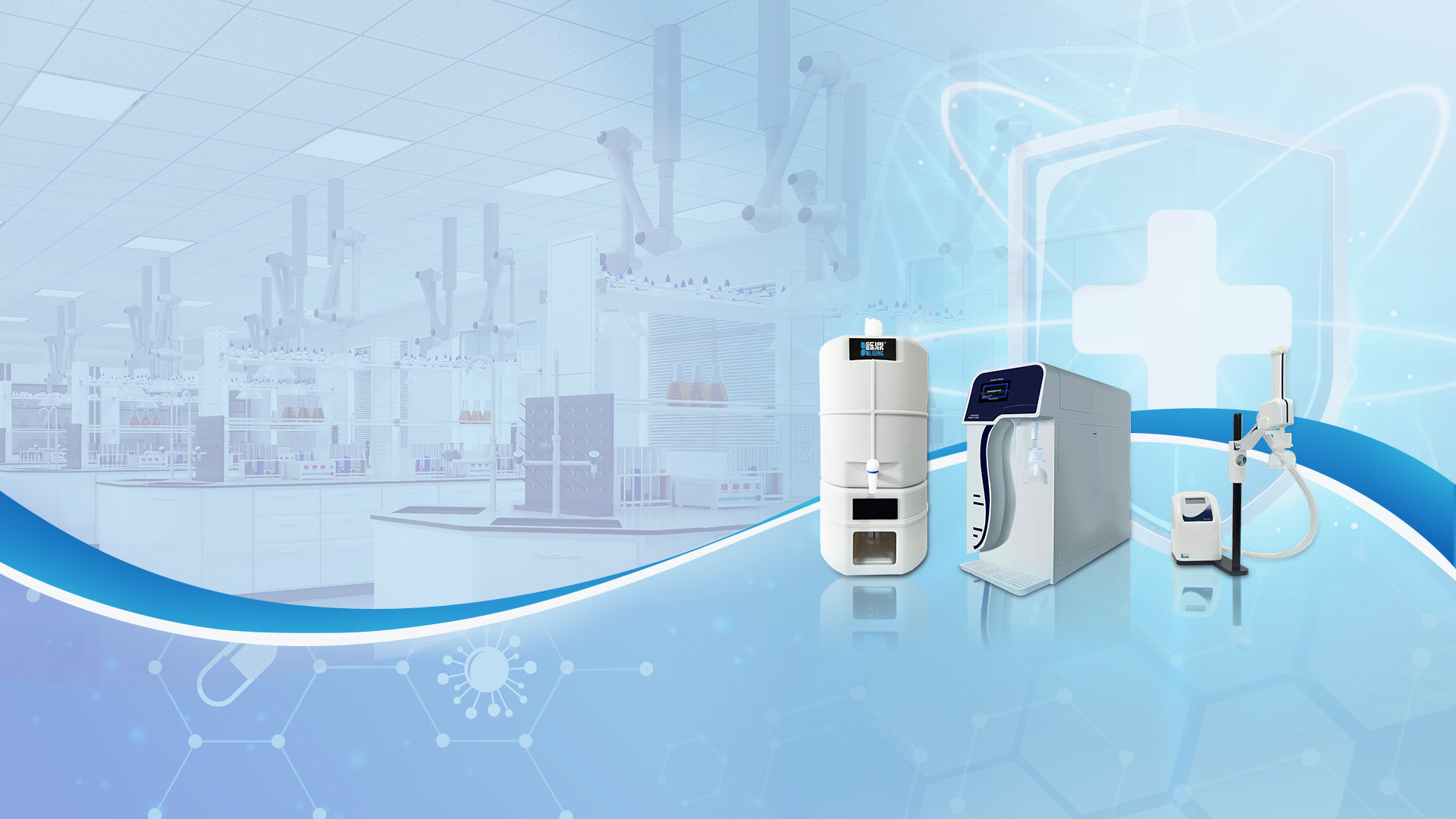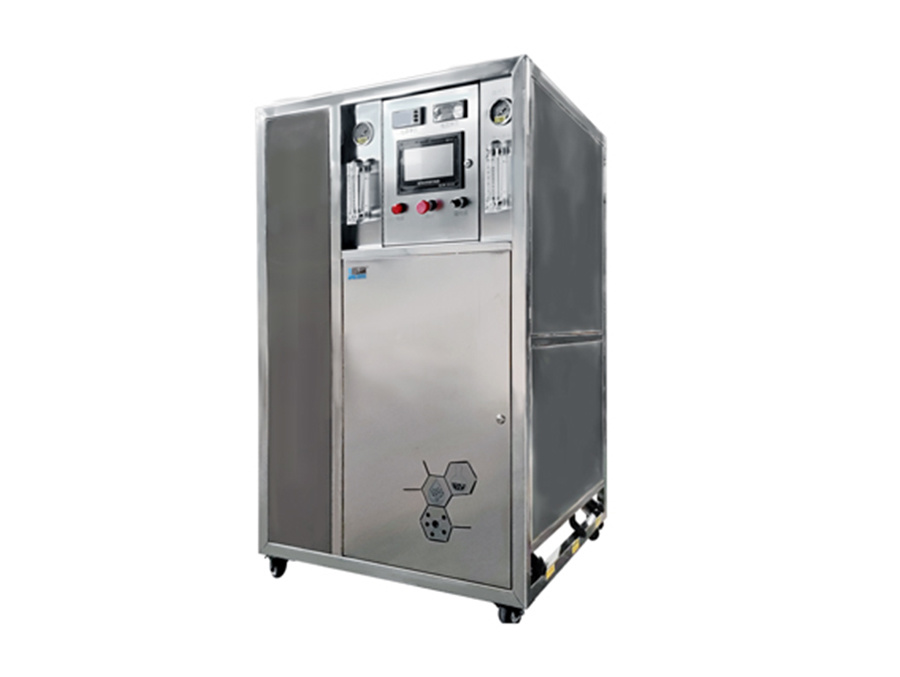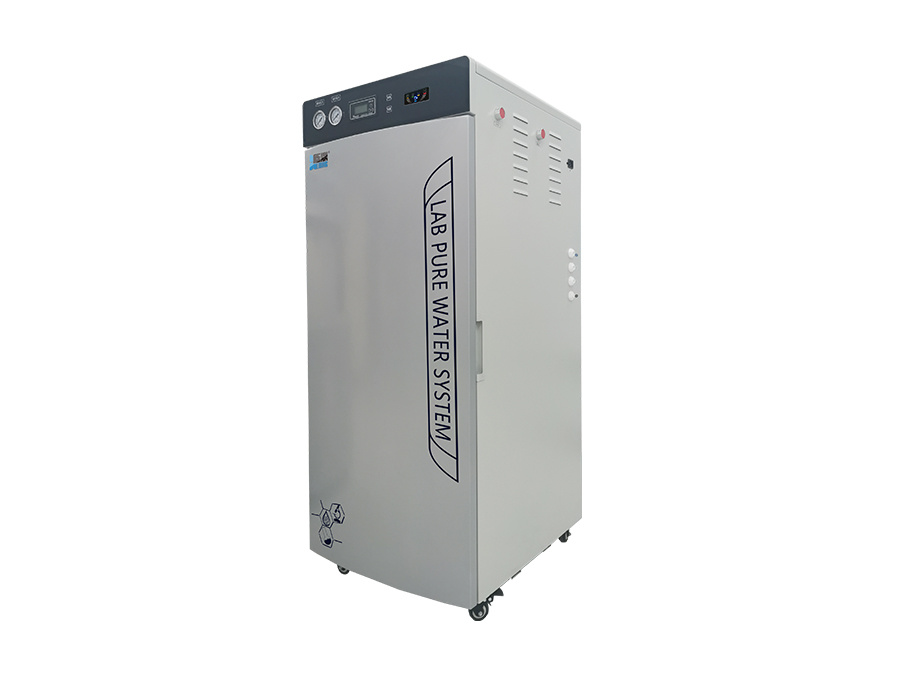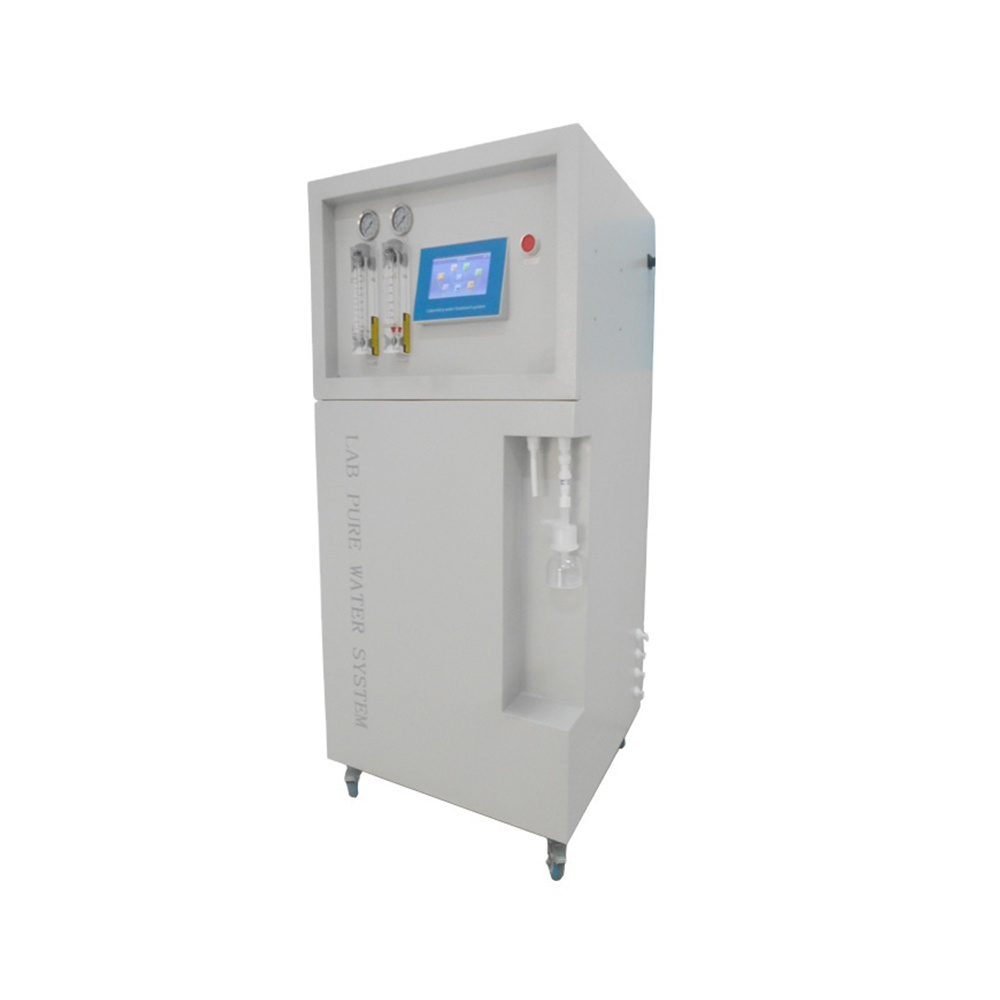Understanding Ultra Pure Water Treatment: A Key to Industrial Efficiency
Time:
Nov 01,2025
Ultra pure water treatment is a critical process used in various industrial applications, particularly in sectors such as pharmaceuticals, electronics, and power generation. The term "ultra pure water" refers to water that has been purified to a level that meets or exceeds stringent purity standards, often achieving a resistivity of 18.2 megaohm-cm. This high level of purity is essential for applications where contaminants can lead to significant operational challenges or product defects.
The primary goal of ultra pure water treatment is to remove all impurities, including dissolved minerals, organic compounds, and microorganisms. This is typically achieved through a combination of advanced purification technologies. The most common methods include reverse osmosis (RO), deionization (DI), and ultraviolet (UV) light treatment.
Reverse osmosis is a widely applied technique that uses a semipermeable membrane to separate contaminants from water. By applying pressure to force water through the membrane, it effectively removes up to 99% of dissolved solids and many other impurities. Coupled with deionization, which uses ion exchange resins to further eliminate ionic contaminants, the result is water that meets the ultra pure standards required for sensitive industrial processes.
Ultraviolet (UV) treatment plays a complementary role in ultra pure water systems. UV light is effective in inactivating bacteria and viruses, ensuring that the water is free from biological contaminants. This is particularly important in industries such as pharmaceuticals and biotechnology, where the presence of even minute levels of contaminants can compromise product integrity and safety.
The benefits of ultra pure water treatment extend beyond just maintaining product quality. By investing in advanced water purification systems, industries can enhance operational efficiency, reduce downtime, and minimize waste. Additionally, using ultra pure water can lead to lower maintenance costs for equipment, as it prevents scaling and corrosion that can arise from impurities in standard water sources.
Moreover, as industries continue to face increasing regulations regarding water quality and environmental impact, adopting ultra pure water treatment processes can position companies as leaders in sustainability. By ensuring that their water usage is both efficient and environmentally responsible, businesses can improve their overall corporate image and appeal to eco-conscious consumers.
In conclusion, ultra pure water treatment is a fundamental component in modern industrial operations. Understanding its processes and benefits can help companies optimize their production capabilities and maintain the highest quality standards. As you consider water treatment solutions for your facility, it's essential to explore the latest technologies and practices to ensure your water is as pure as it can be.
The primary goal of ultra pure water treatment is to remove all impurities, including dissolved minerals, organic compounds, and microorganisms. This is typically achieved through a combination of advanced purification technologies. The most common methods include reverse osmosis (RO), deionization (DI), and ultraviolet (UV) light treatment.
Reverse osmosis is a widely applied technique that uses a semipermeable membrane to separate contaminants from water. By applying pressure to force water through the membrane, it effectively removes up to 99% of dissolved solids and many other impurities. Coupled with deionization, which uses ion exchange resins to further eliminate ionic contaminants, the result is water that meets the ultra pure standards required for sensitive industrial processes.
Ultraviolet (UV) treatment plays a complementary role in ultra pure water systems. UV light is effective in inactivating bacteria and viruses, ensuring that the water is free from biological contaminants. This is particularly important in industries such as pharmaceuticals and biotechnology, where the presence of even minute levels of contaminants can compromise product integrity and safety.
The benefits of ultra pure water treatment extend beyond just maintaining product quality. By investing in advanced water purification systems, industries can enhance operational efficiency, reduce downtime, and minimize waste. Additionally, using ultra pure water can lead to lower maintenance costs for equipment, as it prevents scaling and corrosion that can arise from impurities in standard water sources.
Moreover, as industries continue to face increasing regulations regarding water quality and environmental impact, adopting ultra pure water treatment processes can position companies as leaders in sustainability. By ensuring that their water usage is both efficient and environmentally responsible, businesses can improve their overall corporate image and appeal to eco-conscious consumers.
In conclusion, ultra pure water treatment is a fundamental component in modern industrial operations. Understanding its processes and benefits can help companies optimize their production capabilities and maintain the highest quality standards. As you consider water treatment solutions for your facility, it's essential to explore the latest technologies and practices to ensure your water is as pure as it can be.
RELATED NEWS








